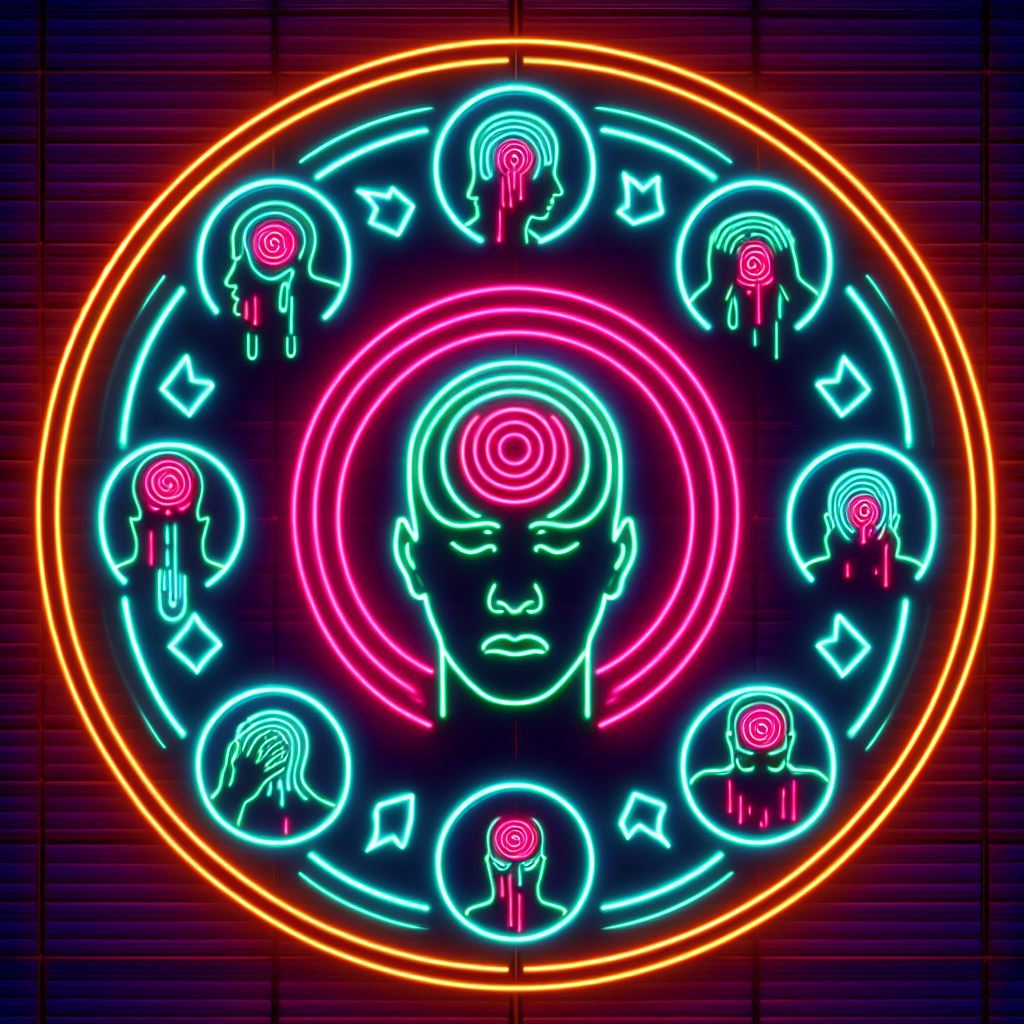 I understand how easy it is to lose control; sometimes, you find yourself yearning for more control or any semblance of it. However, once relinquished, control becomes irretrievable. Consider the concept of “complacency” and its connection to the presence or absence of control.
I understand how easy it is to lose control; sometimes, you find yourself yearning for more control or any semblance of it. However, once relinquished, control becomes irretrievable. Consider the concept of “complacency” and its connection to the presence or absence of control.
On the flip side, when you succumb to complacency, there’s a brief window for recovery before permanently losing whatever semblance of control you believed you had. Complacency often stems from sources like apathy and routine, with the easiest routines typically requiring minimal effort or resembling habits, often the negative ones.
The easiest habits tend to be the destructive ones. In the absence of motivation, one naturally gravitates towards the easiest routines, often involving harmful habits. We learn these self-destructive behaviors early on, using them as a coping mechanism for self-induced stress, overwhelming situations, and more.
Although these self-destructive behaviors may provide temporary relief, they ultimately worsen the situation. Without a motivator, there’s no intervention or external perspective. The illusion breaks only when a motivator reenters the scene, making it appear wrong to change and challenging the belief that the motivator is responsible for the current state of affairs. The cycle persists as the motivator departs again, worsening matters and self-destructive behaviors resume, now directly linked to the motivator’s impact on the environment. This leads to the ejection of the motivator, initiating a new cycle by seeking a different motivator.
This pattern resembles the cycle of depression. Being aware of these processes can make the difference between breaking the cycle and becoming like others who are oblivious to their driving forces and the reasons behind the events they create in their lives.
` found by the typewritter. circa 2013 `
< The 'Done' Manifesto || History >